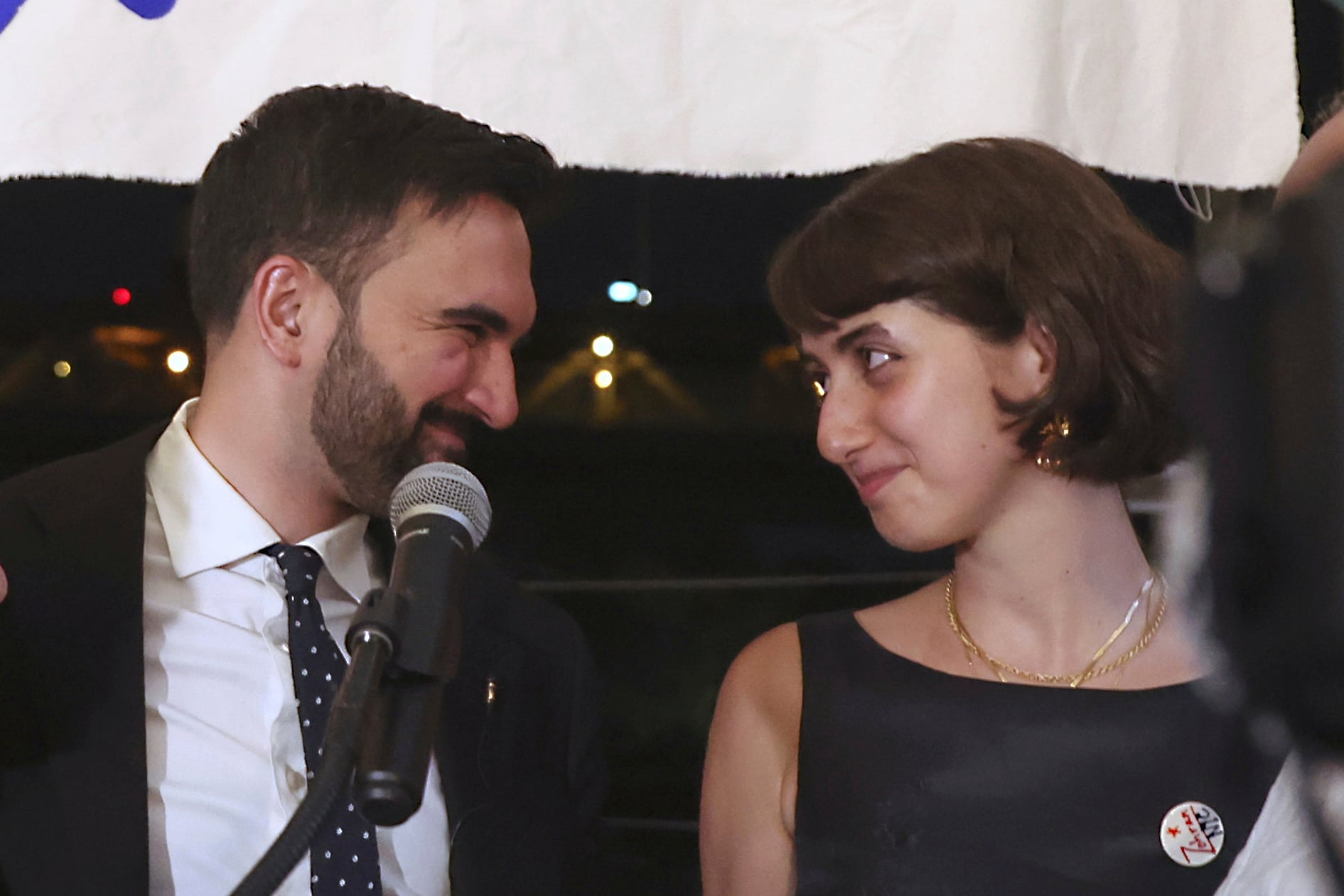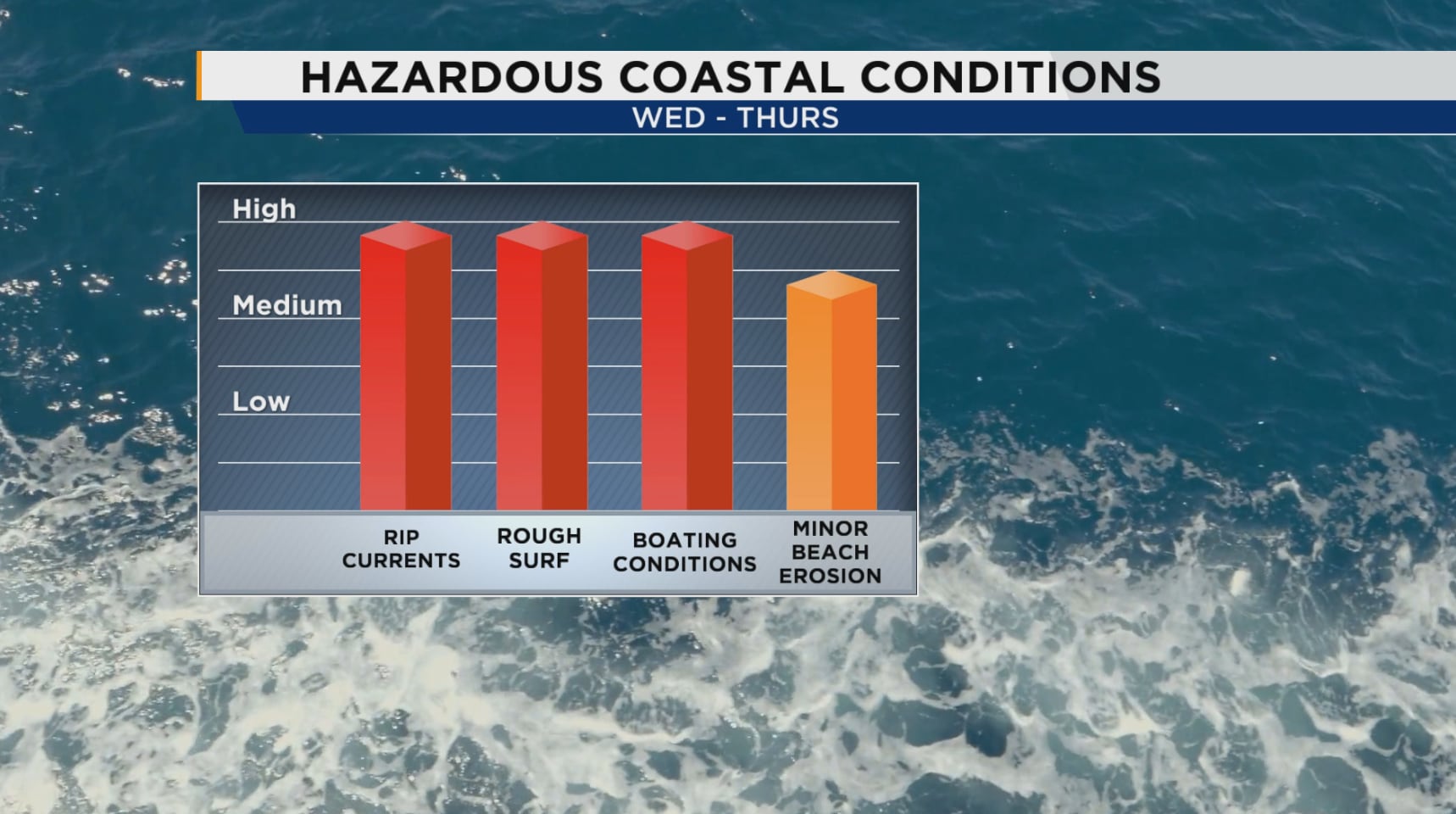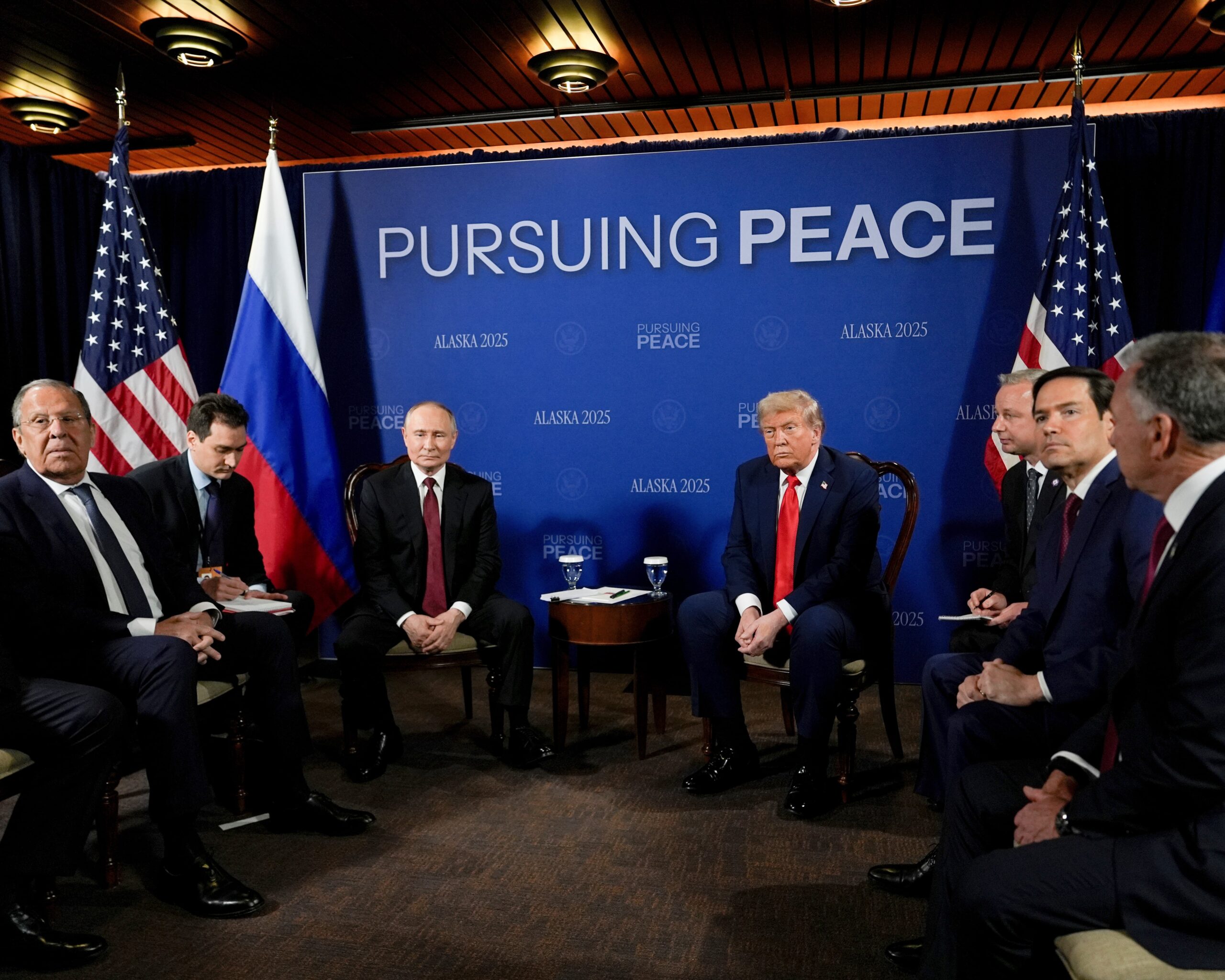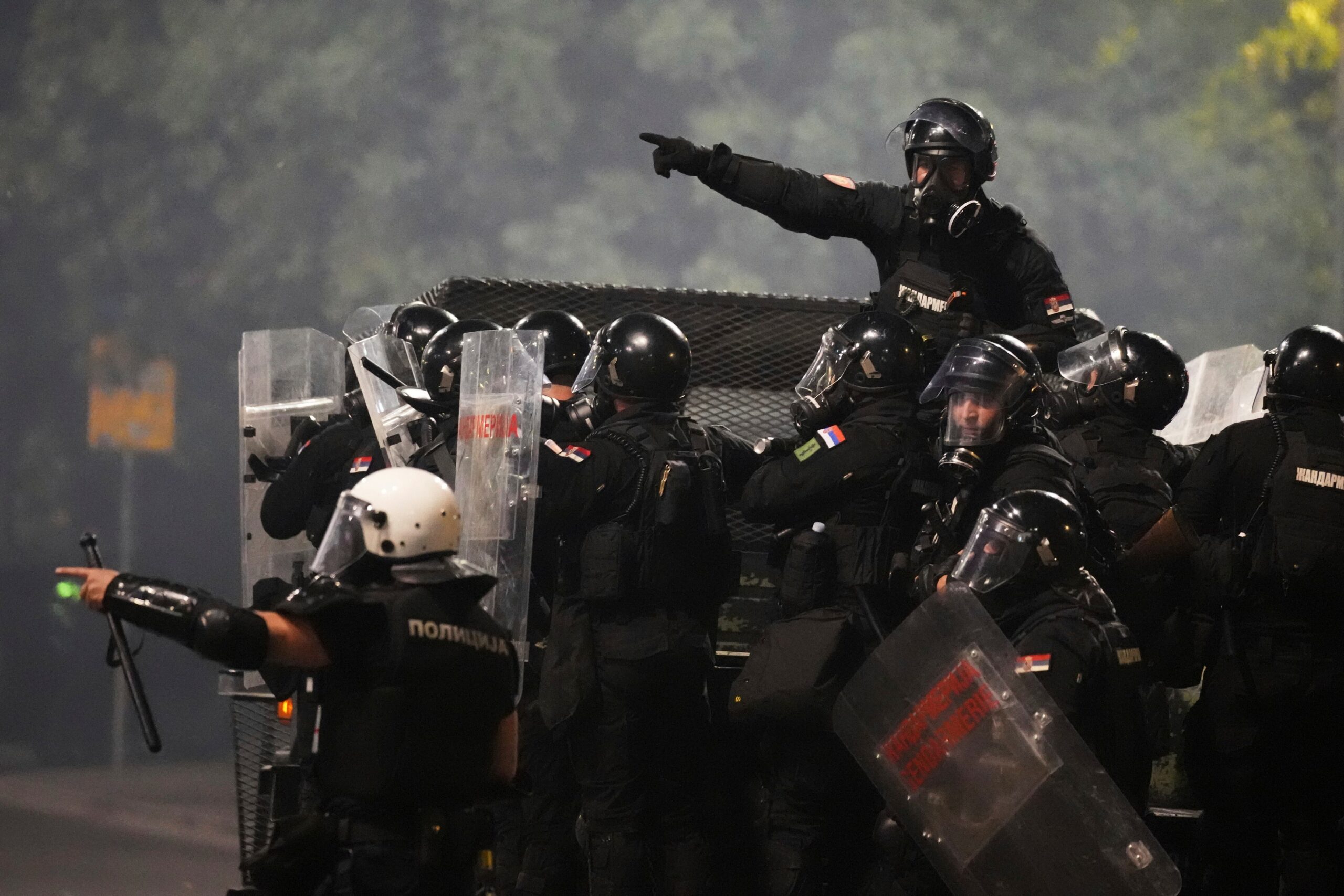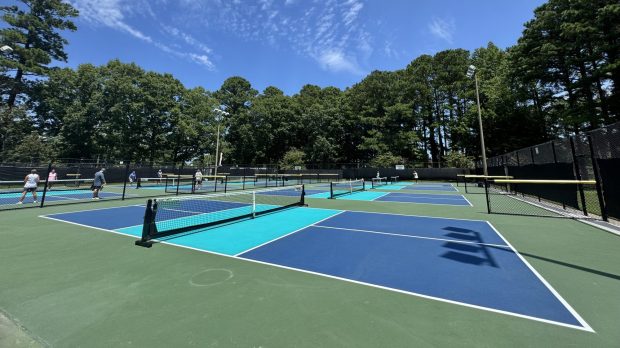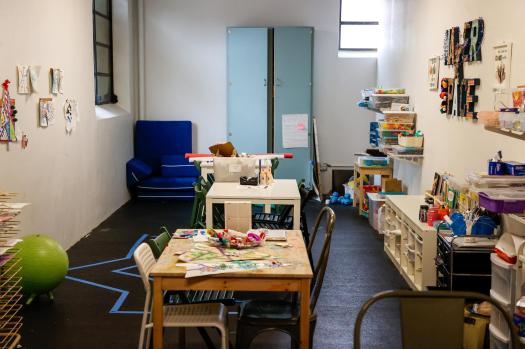Nura Maznavi was thrilled to hear that Zohran Mamdani, a Muslim candidate for mayor of New York City, found his wife on Hinge.
Maznavi, who met her own husband online over 14 years ago before dating apps like Hinge were commonplace, laughed when she remarked, “It made me feel like less of a loser.”
Suggested Videos
“He’s really awesome,” she remarked of Mamdani. “He and his spouse exude New York style.”
From the traditional to the modern, Mamdani’s success on Hinge and the Hulu program Muslim Matchmaker offer an insight into some of the ways American Muslims find their spouses. Many people balance their beliefs, degrees of piety, varied lifestyles, and a variety of cultural influences while they pursue love and marriage.
Yasmin Elhady, one of two matchmakers on the Hulu reality series, stated, “We just wanted a realistic assessment of what’s going on in the love space for Muslim Americans and that we do have unique challenges but also have very universal challenges.” Our manifestations are complex, lively, and dynamic.
Maznavi, a self-confessed romantic, co-edited two collections of American Muslim writers’ works about relationships and love. People met, she discovered, “through work, through college, through friends, through family, through sort of serendipitous meetings.”
Maznavi, a writer, lawyer, and daughter of Sri Lankan immigrants, met people through her parents, friends, and extended family back when she was the one searching.
When she lived in San Francisco, she discovered that there weren’t many Muslims there. After hearing an advertisement on Match.com, her mother advised her to give it a try.
Maznavi stated, “I still resisted.” She finally gave up and met her hubby there.
There are less fish in the sea.
Hoda Abrahim, the show’s other matchmaker, stated that most Muslims looking for Muslims are fairly dispersed and hard to find. You won’t go to the gym and be surrounded by folks you might end up marrying.
According to her, that might require attempting a long-distance relationship. She claimed that a large number of her clients already used dating applications tailored to Muslims.
For Muslim singles looking for marriage, there are also certain in-person events.
The matchmakers in the episode describe their Rules of Within three months, there will be three sessions and 300 compatibility questions to complete. Their matched clients go through the nerves of a first encounter, the pain of rejection or the warmth of a connection, and the ambiguity in between.
The matchmakers take into account what they refer to as the halal-haram ratio—the degree of religious observance and how well a couple’s lifestyles would mesh—when determining a couple’s compatibility.
According to one participant, she makes an effort to offer the mandatory daily prayers, but she doesn’t dress very modestly. She is looking for someone who is receptive to the idea of her faith developing and who “enjoys themselves while still adhering to the principles of Islam and seeking to strike a healthy balance between those things.” She enjoys concerts and nice banter as well. Not so much about hairy dudes.
Another participant states that he is looking for a companion who possesses Islamic traits and is not particularly interested in whether or not she dons the headscarf.
Even if they are not active, devout Muslims, many Muslims will have strong feelings regarding the following: Perhaps it’s a Ramadan custom. Perhaps it’s because they avoid pork. Elhady said that it might be the attire. Islam has a very important lifestyle choice, and I believe that when you get married, you’re seeking for someone who shares your sense of style.
60% of Muslim individuals in the United States stated that religion played a significant role in their life, per a Pew Research Center research conducted in 2023–2024. That is comparable to the 55% of American Christians who responded in the same way to the survey.
According to Abraham, some internet users disapproved of the term “halal-haram ratio,” believing it to normalize actions that are forbidden by religion. She retaliates. We’re not making it commonplace. We’re only stating that people practice to a certain extent.
Courting versus dating
Next is the controversy over the term “getting to know the other person”: Is it romantic? Courtship?
“We talked about this a lot,” Abraham stated. When I say dating, I mean courting, and we made it clear on the show that we are serious and purposeful.
Although Elhady acknowledged that the show received a lot of favorable feedback, he also pointed out that some Muslims disliked the term “dating.” Make your own definition, or call it whatever you want, she responds. (The phrase “halal dating” is used by some.)
According to them, dating is a term coined by non-Muslims for non-Muslims and denotes a sexual relationship before marriage, she claimed. Premarital sex is not portrayed in the show. It shows people looking for love.
Kaiser Aslam, a Muslim chaplain at Rutgers University’s Center for Islamic Life, is frequently asked by some of the students he works with the following questions: How can one determine compatibility? And how do you get to know them without being close?
“Getting intimate and sexually intimate before marriage is forbidden in Islamic tradition,” he stated.
He suggests having serious conversations with accountability measures in place, like chaperones, meeting in relatively public places and clearly setting intentions that you re not trying to actually initiate intimacy or intimate contact, but you re actually just trying to understand each other. Additionally, he mentioned speaking with the individual’s family and friends.
Religion, culture, and marriage
The racial and ethnic diversity of Muslim Americans is enormous.
It is lovely and wonderful to witness young Muslims repeatedly seeing people from many cultural backgrounds, Aslam added.
Cultural differences may be the source of arguments such as “No, we do marriage this way.” No, in our tradition, the guy side pays for this. The girl side pays for this, said Aslam, who s performed many marriages and provides premarital counseling.
Some parents object to their children marrying outside their culture, he said.
At times, there can be racist underpinnings, he said, adding: We have to call it out for what it is. It s not religious in any way, shape or form. Theologically, he said, “we re encouraged to make sure that the most diverse, good traditions have the ability of interacting with each other.
Other times, he said, parents fear their children may be running away from their culture and need reassurance.
Tahirah Nailah Dean, who s Black and Latina, said she d encountered such barriers in her search, knowing that some potential matches were seeking to marry within their own culture and ethnicity. Some of her concerns also echobroader questions and debatesbeyond Muslim communities over racial preference and racial bias in dating.
Dean, an attorney who also writes about Muslim love and marriage, got married at 30 and later divorced.
In her 20s, she navigated the apps, but found dealing with such things asghostingand love bombing emotionally draining. She tried matchmaking through the mosque and the matchmaking aunties as well as getting to know people through activities like volunteering at the mosque. She d also asked friends to set her up.
Recently, she s returned to the search.
Muslim or not, Elhady of the Muslim Matchmaker show argued, people want to really fall in love and it is hard to do in the modern age.
___
Lilly Endowment Inc. provides financing for the Associated Press’s partnership with The Conversation US, which supports its coverage of religion. This content is entirely the responsibility of the AP.
